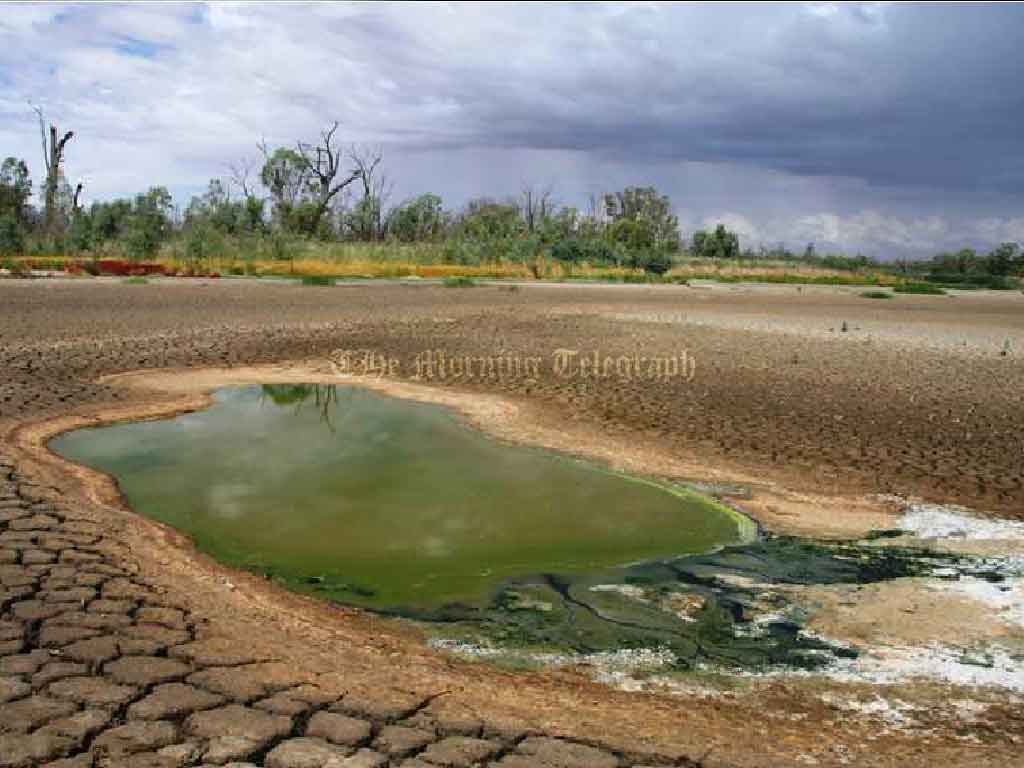
The construction of the Moragolla Hydropower Plant in the Moragolla area of Ulapane, Nawalapitiya, has triggered a severe water crisis in several surrounding villages. The project, funded by the Asian Development Bank, began in 2020 with the aim of completing the dam across the Mahaweli River by 2023. However, villagers allege that the use of high-powered explosives for tunnel excavation has caused local water sources to dry up, leaving them in dire straits.
According to residents, protests and discussions with project officials initially resulted in a temporary solution: the provision of 500 liters of water to each household every three days via bowser vehicles. However, this provision was later reduced to 250 liters per household once a week and has now ceased entirely, exacerbating the already desperate situation.
Villagers report that the water provided by the National Water Transport Board was often muddy and unsuitable for consumption. Many are now forced to purchase water from private suppliers at exorbitant rates, paying between Rs. 1,000-2,000 per liter. This is an untenable expense for most residents, as the majority of affected families belong to low-income groups.
Residents of villages such as Saark Village, Denmark, and the upper part of Ulapane are among those most severely impacted. They say the authorities have largely ignored their plight, offering no long-term solutions to the water crisis. With the hydropower project nearing completion, villagers fear there will be no accountability or remediation for the damage caused to their water sources.
“The water situation has become unbearable,” said a resident. “We cannot afford to pay for private water services, and there’s no clean water left in our villages. It feels like we’ve been abandoned by the authorities.”
The lack of water is affecting daily life, sanitation, and agricultural activities in the region. Villagers have called for immediate intervention from the government and project authorities to address the crisis and provide sustainable solutions, such as proper water delivery systems or compensation for the loss of natural water sources.
Despite repeated appeals, affected residents claim that officials have remained silent, leaving their communities to struggle with an essential resource shortage that they fear will only worsen with time.




